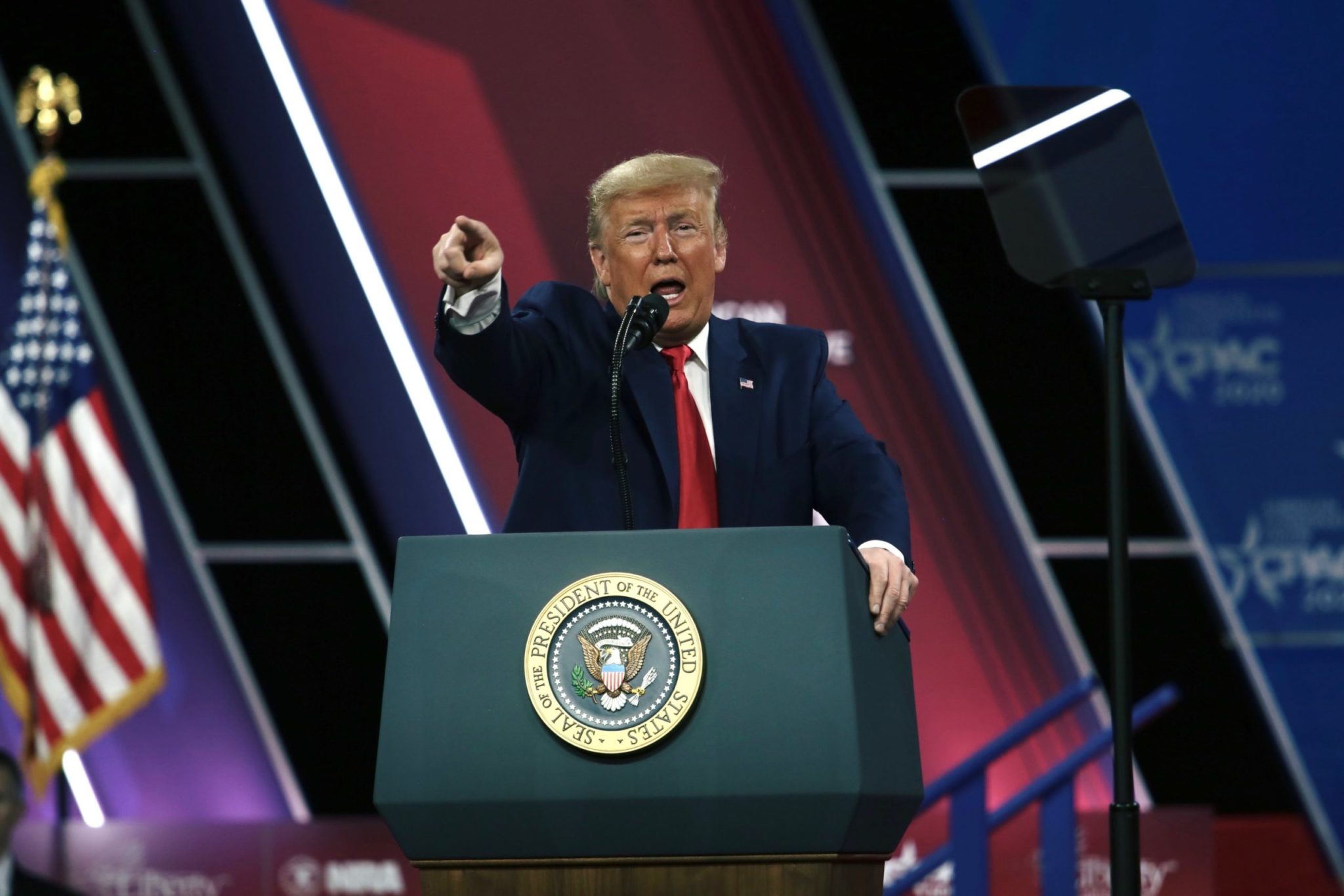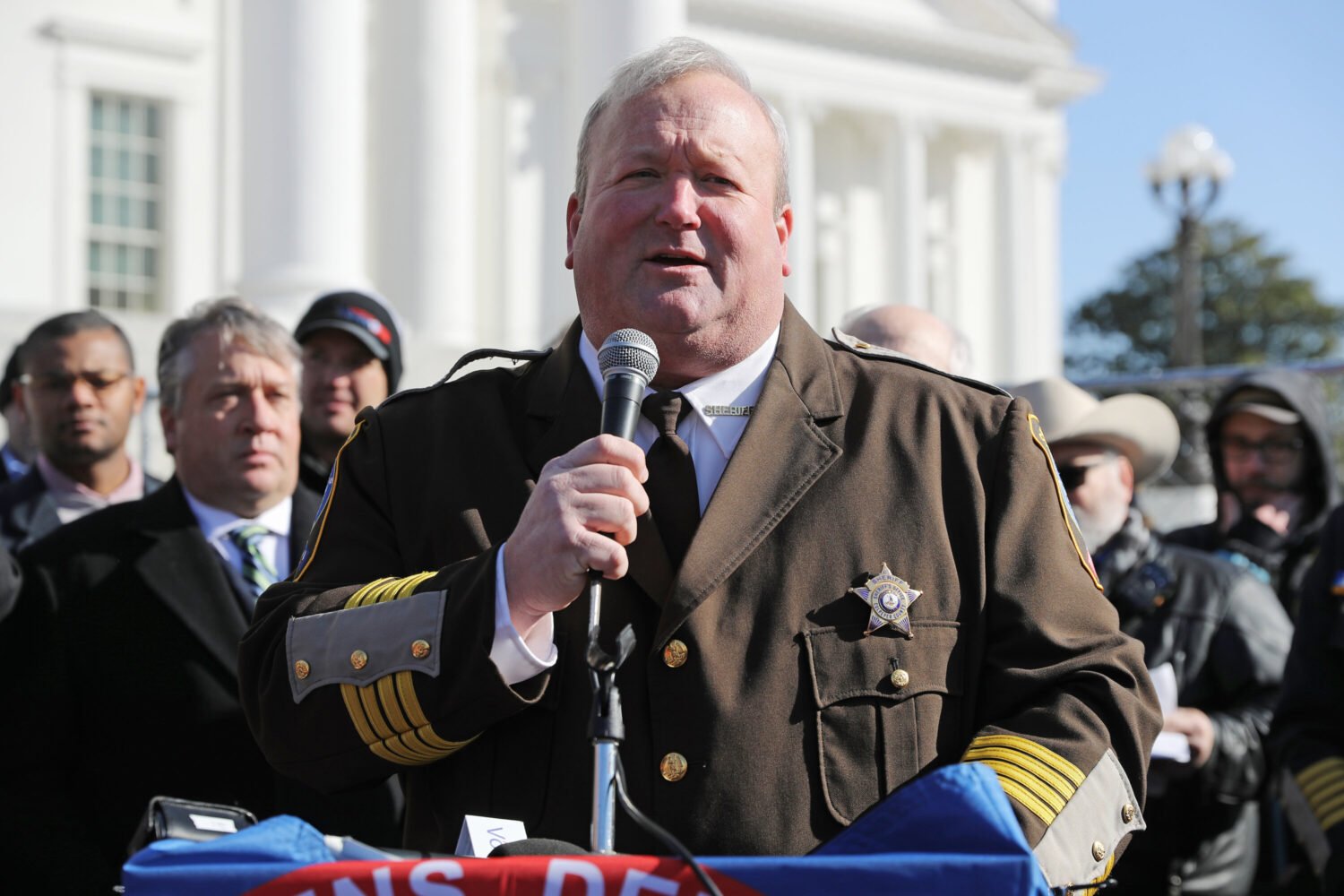About Coronavirus 2020
Washingtonian is keeping you up to date on the coronavirus around DC.
President Trump declared a national emergency today due to the spread of Coronavirus in the United States. Trump says this will open access to up to $50 billion dollars of aid to help states and territories combat the disease.
In an address from the Rose Garden, Trump said he would grant new authorities to Health and Human Services Secretary Alex Azar to allow him to “immediately waive revisions of applicable laws and regulations to give doctors, hospitals, and healthcare providers maximum flexibility to respond to the virus.” This includes enabling telehealth, allowing doctors to practice in any state, and expanding the number of hospital beds.
Trump also urged all states to open emergency operations centers and all hospitals to activate their emergency preparedness plans, effective immediately. All nursing homes are being directed to restrict all visitors except for essential personnel.
The FDA approved a new form of the Coronavirus test, Trump said, which will make 500,000 new tests available early next week; their distribution locations will be announced Sunday night. Trump expects 1.4 million tests by the end of next week, 5 million within the month. He said he takes no responsibility for the current lack of testing.
Google is launching a screening website that will help people access testing. Sick individuals are being directed to go to the site and input their symptoms. If their symptoms are deemed similar enough to the virus, individuals will be directed to “drive thru” testing centers that will be made available at various pharmacies and retailers; Walmart CEO Doug McMillon said parts of store parking lots will be used for these testing centers.
Trump also announced he would waive interest on all federally-owned student loans to help ease the economic burden of the spreading virus, and has directed the Secretary of Energy to purchase significant amounts of crude oil.
Dr. Anthony Fauci, director of the National Institute of Allergy and Infectious Disease, said serious spread of the virus could continue for as long as a few months, but hopes that these new measure will mitigate the length of the spread to a few weeks.
The decision comes after days of mounting pressure from senior legislators like Sen. Chuck Schumer, and warnings that “things will get worse” from top scientists like Fauci. Trump has spent weeks downplaying the severity of the virus; in recent days, he’s compared it to the seasonal flu and assured his administration had the outbreak under control.
According to Bloomberg, Trump is invoking the the Stafford Act, which authorizes the Federal Emergency Management Agency (FEMA) to provide assistance if a crisis exceeds the response capabilities of local governments. In the case of a pandemic, this can include providing emergency medical care and temporary medical facilities; providing supplies like food, water, and medicine; and reducing immediate threats to public health.
Trump has invoked the Stafford Act before in his presidency; according to Reuters, he’s used it to provide relief during flooding and wildfires.
As of January 31, FEMA’s disaster relief fund had a balance of $34 billion. Trump is not the first president to invoke the Stafford Act to address a medical crisis. According to NBC, Bill Clinton accessed FEMA funds to combat West Nile virus outbreaks in New York and New Jersey in 2000.




















